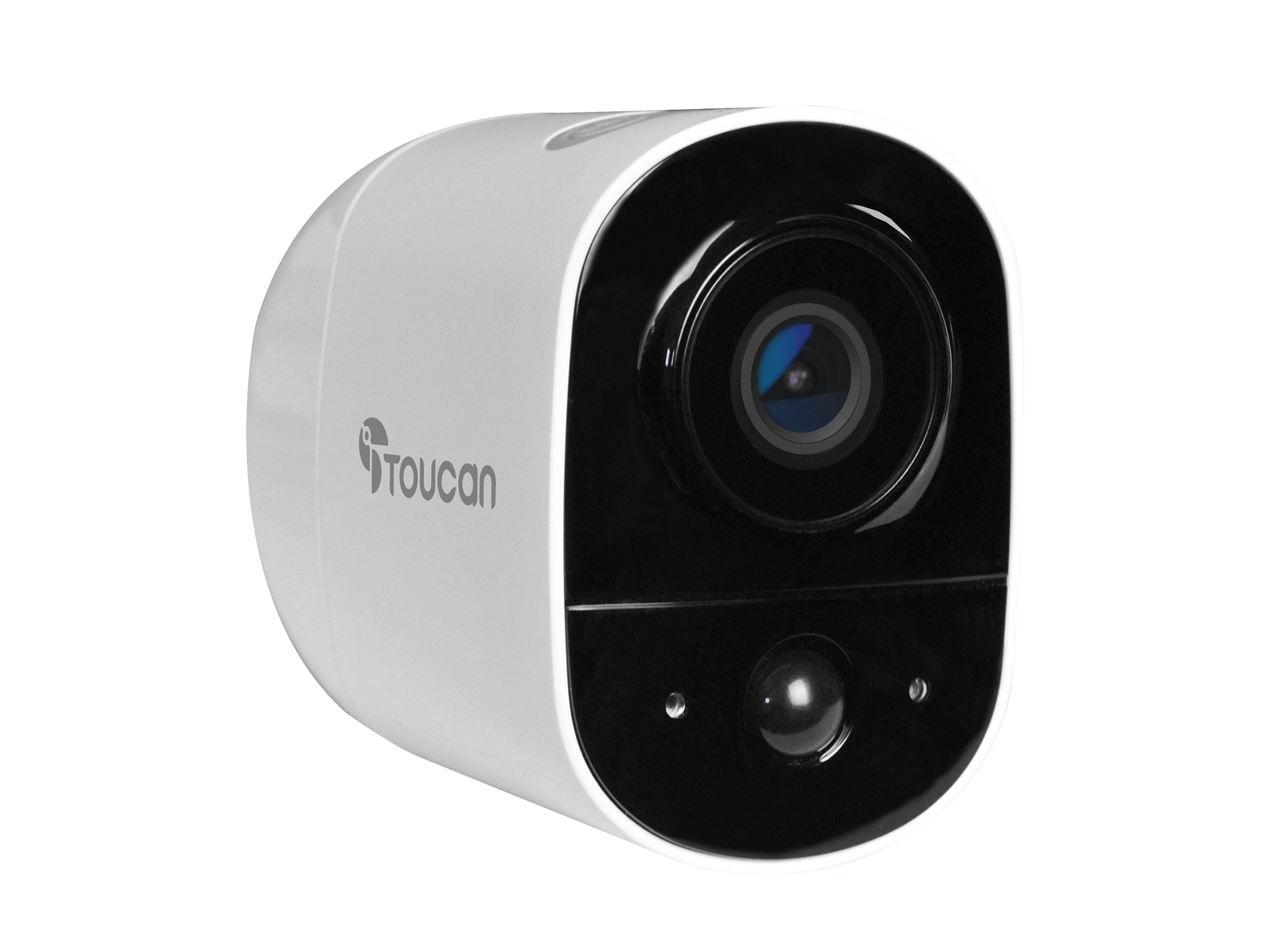Fearful middle classes turning home security into big business

Until four months ago the residents of Upper Cheyne Row had been happy to rely on window locks and burglar alarms to provide home security.
Until four months ago the residents of Upper Cheyne Row had been happy to rely on window locks and burglar alarms to provide home security.
Then, after a series of violent attacks in their wealthy corner of west London, homeowners on the Chelsea street each paid £500 to have CCTV cameras fixed outside the handsome houses at regular intervals.
One of the cameras, linked to the control room of a private security company, was focused on the front door of John and Homeyra Monckton. In the cruellest way possible, it was made clear five days ago that the cameras could do little to stop an act of brutal violence. Intruders burst into the four-storey townhouse and attacked the couple, leaving Mr Monckton, a leading City financier, with fatal stab wounds.
But while the investigation into the murder continues, and footage from the CCTV cameras is examined, the security industry - previously focused on warehouses and commercial premises - is finding itself in increasing demand in the domestic market.
The number of private firms providing guards to patrol wealthy suburbs and problem council estates is rapidly increasing, according to the industry and a recent report. The market for neighbourhood security is around £80m a year.
"Numerous councils and registered social landlords are also increasingly using private security firms to police their social housing estates," said the report from the Royal Institution of Chartered Surveyors.
A spokeswoman for the British Security Industry Association said that private security patrols were a "growth area". The revenue from business involving police and public services, including street patrols and warden schemes, has risen from £17m in 2001, to £58m in 2002 and £267m in 2003.
Much of the activity appears to be centred on middle-class neighbourhoods in large cities where homeowners' concerns about attack and burglary are persuading them to dip into their pockets to pay for guards or security devices.
The RICS report says that in Hampstead Garden Suburb in north London, two companies are competing to subscribe residents. "Over the past 18 months, both Ultimate Security and London Community Services have started services which include vans and guards patrolling the streets," the report says. Both services also offer to escort residents from their cars to their homes.
In Chelsea, residents in streets close to the murder scene had clubbed together to pay for similar patrols - a measure rejected as ineffective by the residents of Upper Cheyne Row. Instead, they got together in August this year and had the four CCTV cameras installed. But, amid booming demand for patrolling services, questions are being asked about their effectiveness.
Private guards, many of them former military personnel, have no greater power of arrest than ordinary citizens. One resident quoted in the RICS report says: "They sit in their cars parked in side streets and watch you. It is making a living out of scaring people and making them feel less secure."
Ultimate Security, which has 120 subscribers, charges £1,000 a year per house. London Community Services charges £600 and has 100 subscribers. Ultimate has 22 guards and had a turnover of £506,484 in 2003, though it made an operating loss of almost £34,000 before tax.
Paul Hudson, the managing director, said his patrols "observed a large number of people" and stopped some "only if they are acting suspiciously".
He also said that new regulations, which will force every security guard to be licensed from next year, will damage the viability of small companies.
The big security companies, such as Group 4, have so far steered clear of providing guards for homes and estates, but this is going to change next year when the industry is expected to expand at a rapid rate. The mainstream firms had been worried about being accused of running cowboy operations and being associated with disreputable outfits that have offered "protection" to householders. But from 2005 the industry will be regulated by the Security Industry Authority and all private security officers, including managers and directors, will need a licence to work.
The big security companies plan to team up with police forces and provide accredited guards, who are intended to provide a cheap aid to the police service. Local authorities are expected to be the biggest employers of the new neighbourhood wardens, who will be able to award fixed penalties.
A spokeswoman for Chubb Security Personnel, which is starting its first scheme with Lancashire Police next year, said: "Security companies are going to get involved as police forces roll out warden schemes."
David Dickinson, head of the BSIA, said domestic security accounted for 5 per cent of the £1.6bn annual market, and "there is potential for growth". But he said "cowboy'' companies offering street patrols in the 1990s had "pretty much disappeared. Back then it was little more than a protection racket".
